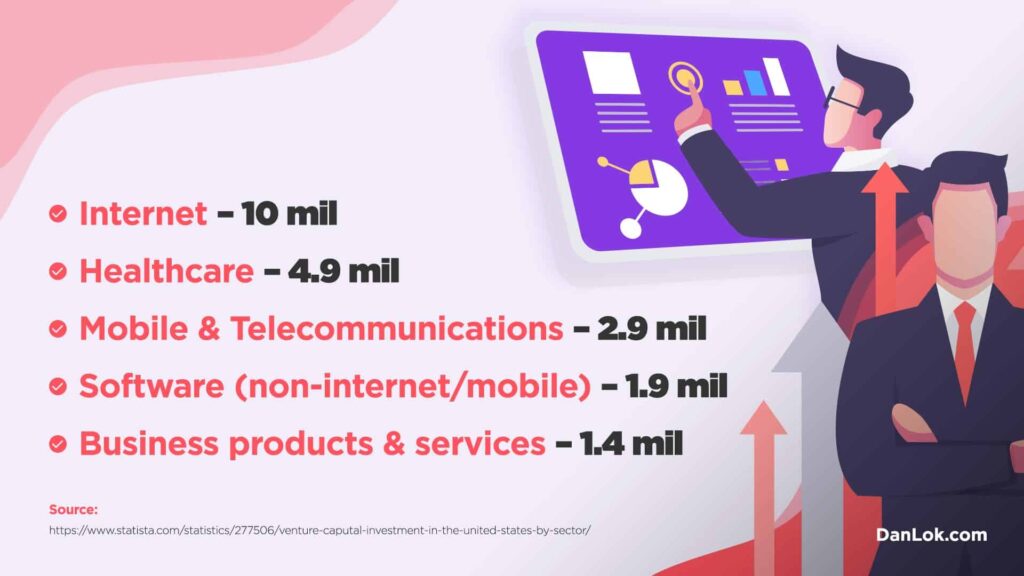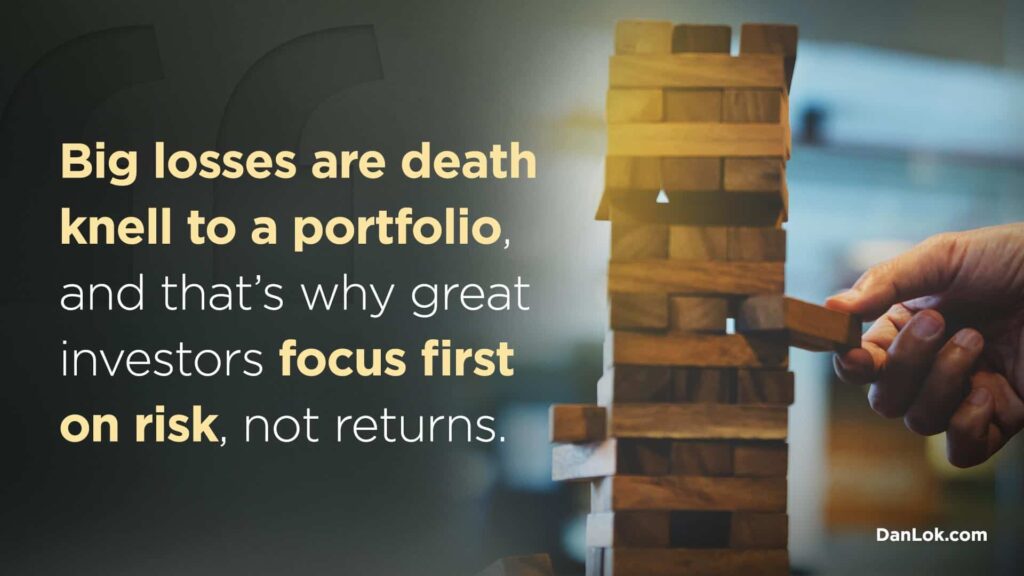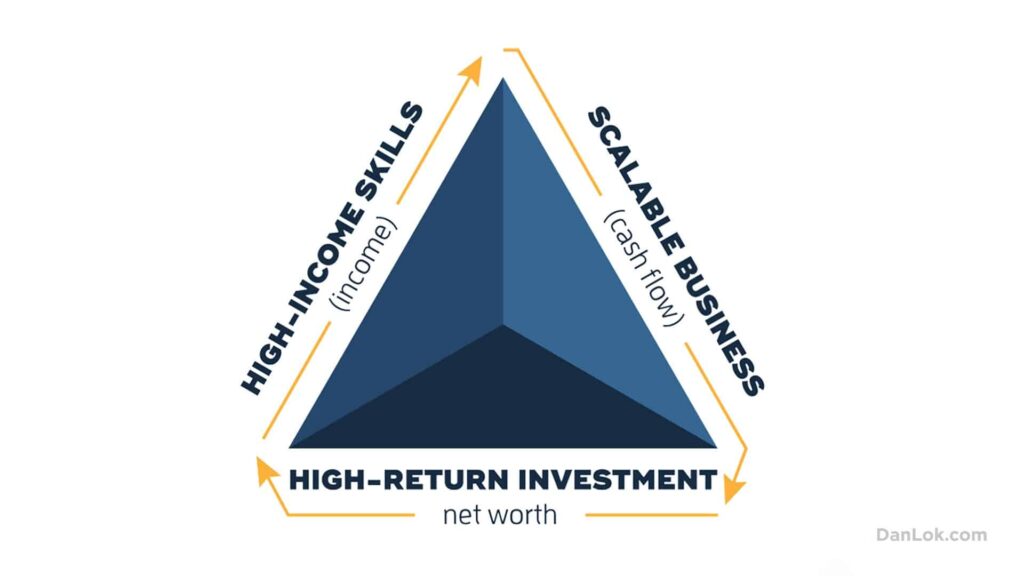I’ve got something HUGE to share with you today…
But before you watch this interview, let me give you the back story.
Of all the students and mentees I’ve taught over the years, it’s rare I get to experience someone as ambitious and successful as Dev Gadhvi.
Sure, many of my mentees and clients achieve great success, but few have done it with the speed Dev has.
Born into a humble Indian family, Dev knew he was meant for more and wasn’t afraid to go after it.
In the last 5 years, I’ve seen Dev go from making $50K per year to $150K, to $1 million to $2 million, to $6+ million, and he shows no sign of slowing down.
He’s one of my most successful mentees and clients, and he invited me to his Passionpreneur Podcast for a ‘no-holds-barred’ discussion about business, life, and success.
Inside this EXPLOSIVE interview, you’ll discover:
- The key differences between getting to 6 figures and moving on to 7 figures per year, and my secret for hitting your first million in business…
- How to turn every adversity you face into an advantage…
- How money REALLY works… (Get this right and you’ll never have to worry about money again)…
- Why success is 1% idea and 99% execution…
- How to detach from your goals so you can achieve them FASTER…
- The 4 stages of life, and how to figure out where you are so you can progress to the next level…
- Why you DON’T need to be an entrepreneur to become financially successful, and what it really takes to become a world-class entrepreneur…
- And so much more!
This was a deeply profound discussion where we even touched on the spiritual aspects of life and business, and my spiritual evolution over the last 5 years.
It’s packed with surprises and insights you may not expect to hear from me or Dev.
To your success,
Dan Lok
P.S. – To quote Roy H. Williams “A smart person learns from his mistakes, but a truly wise person learns from the mistakes of others.”
I’ve made more mistakes than the average person, and life always teaches you something if you know where to look.









